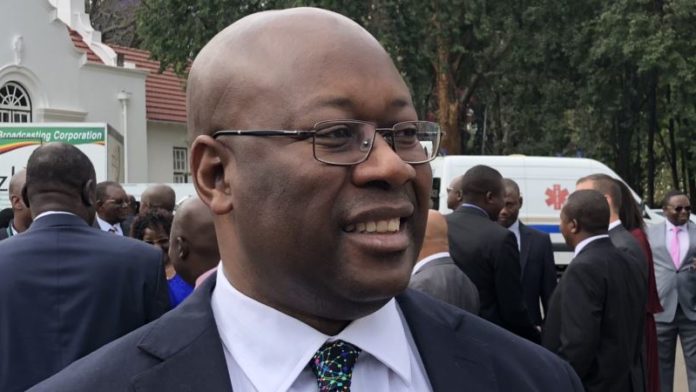
ZIMBABWE mines and mining development minister, Winston Chitando, looked on the bright of life at the Mining Indaba conference telling delegates on February 5 the country’s mining sector “had entered new heights”.
Zimbabwe had huge amounts of unexplored and underexploited mineral resource potential as well as huge human capital resources, “but what we lack is capital inflows,” he said.
“So government has been taking various steps to attract capital.”
“We have been addressing bottlenecks and the ease of doing business and we are already seeing growth. We have also addressed policy clarity and consistency. Zimbabwe is ready to receive the capital input.”
Chitando said investors were able to remit their capital and dividends from Zimbabwe and the country had “… systems that work for the import of goods and export of products”. Zimbabwe is aiming to make mining a $12bn a year industry by 2023, from $3bn in 2019.
Power outages, foreign exchange restrictions and inflation have dogged Zimbabwe’s economy and taken the shine off President Emmerson Mnangagwa’s two-year administration, after a promising start. Mnangagwa succeeded despot Robert Mugabe in 2017, saying that he wanted to open the country to foreign investment.
His government moved to dismantle the indigenisation policy that required foreign mining companies to sell control of their assets to government and community entities. Caledonia Mining recently bought back shares ‘sold’ to a local company under the indigenisation rule, but other companies have not invested in the country.
Impala Platinum, which mines platinum group metals in Zimbabwe, decided to buy North American Palladium rather than expand its presence in the southern African country.
In the same vein, Nigeria said it expected its mining sector to account for 3% of GDP over the next five year from just 0.3% as the government seeks to diversify the economy away from oil, the minister for mines and steel development, according to a report by Reuters.
Olamilekan Adegbite said he expected “exponential growth” in the mining sector and that gold, lead, zinc, limestone and coal were among seven strategic minerals identified for investment.











